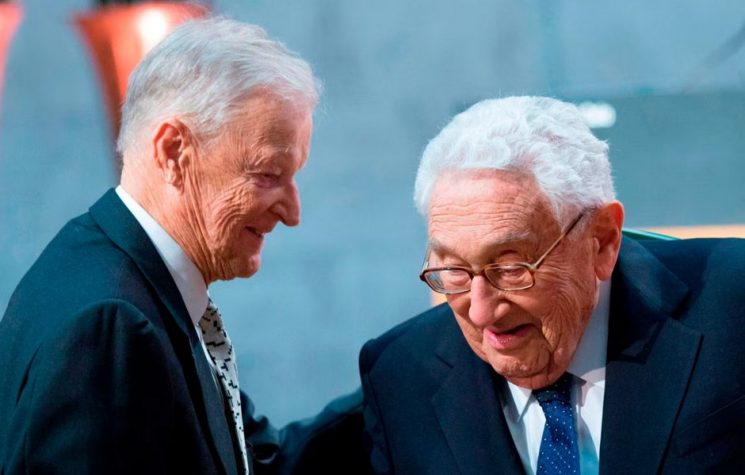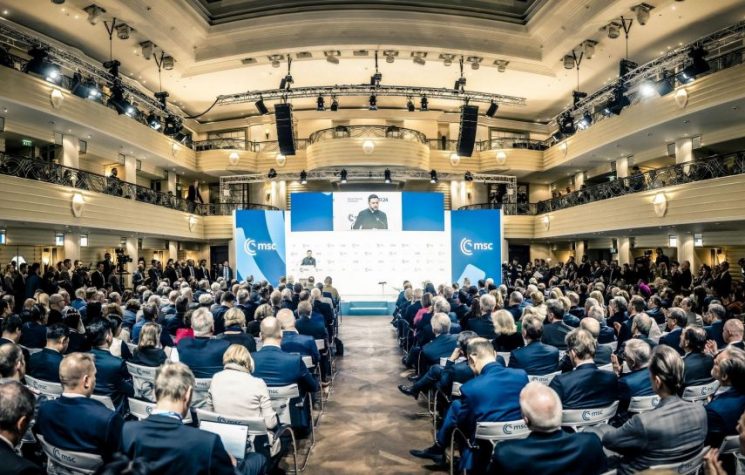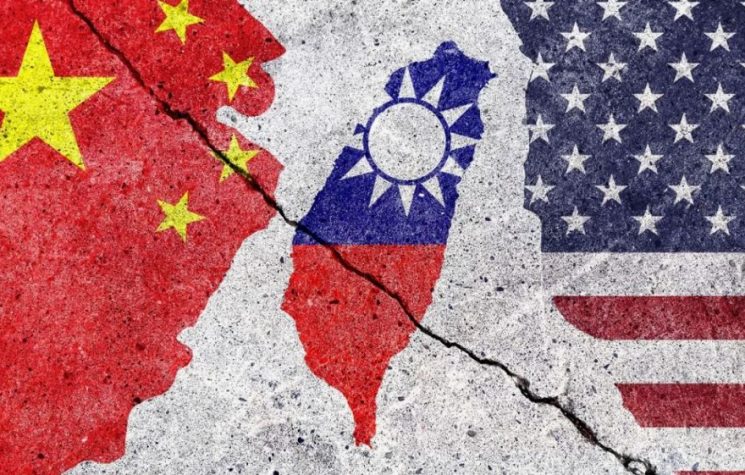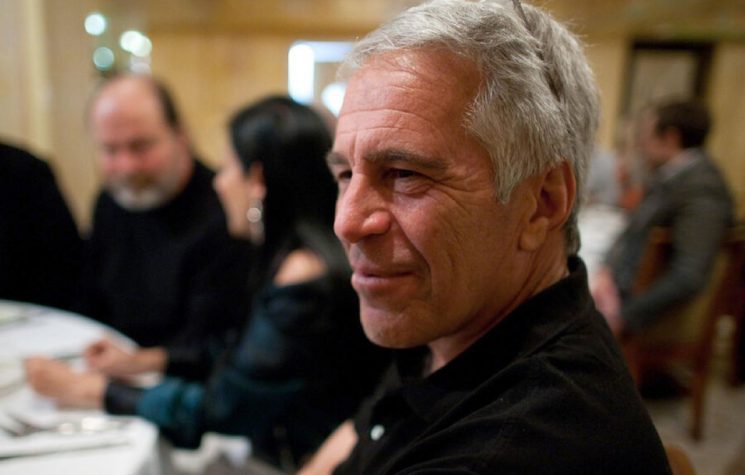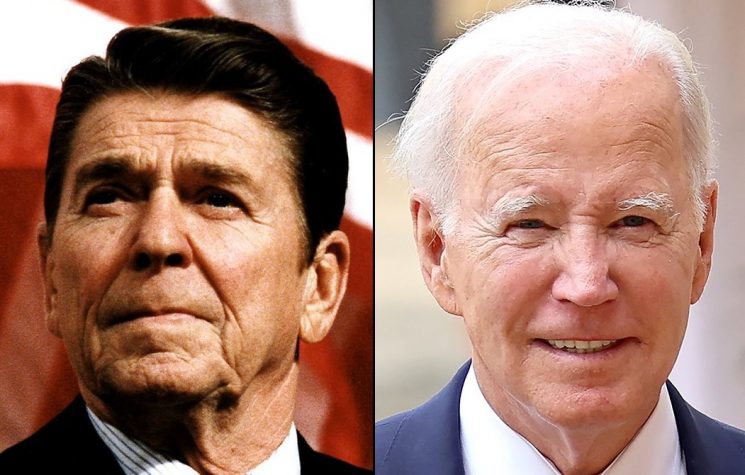The Euro-élites were in desperate need of a Values System to fill the gap. The solution, however, was at hand.
The advocates of American primacy within the United States always move with the times, relying on prevailing trends to reimagine justification for its’ ‘exceptionalism’ through novel imagery.
The rise of the liberal-woke activist-driven, social justice-oriented identity politics has provided its soldiers with their newest justification. It is not just a new ‘policy’, but is something different: It is an ideology brooking no ‘otherness’; no disputation, but requiring simply the signalling of loyalty and compliance for a ‘progressive’ code – showing you have heard the message and seen ‘the light’.
They seek, in short, through conversion of the leadership class, to subvert and overthrow the old deities.
Biden likes to tout the exceptionalism of ‘our democracy’. It is, he said in his commemorative remarks on the 9/11 attacks,“that which makes us unique in the world … We have an obligation, a duty, a responsibility to defend, preserve, and protect ‘our democracy’ … It is under threat … The very democracy that those terrorists on 9/11 sought to bury in the burning fire and smoke and ash”.
Biden, however, refers not to generic democracy in the wider meaning, but to America’s liberal-élite enunciation of their global hegemony (defined as ‘our democracy’)
Washington Post columnist and MSNBC contributor, Jennifer Rubin (long cited by the Washington Post as their ‘Republican columnist’ for ‘balance’) now rejects very notion of argument having ‘sides’ – thus imputing a false rationality to conservatives:
“We have to collectively, in essence, burn down the Republican Party. We have to level them – because if there are survivors, if there are people who weather this storm, they will do it again … The Kabuki dance in which Trump, his defenders and his supporters are treated as rational (clever even!) comes from a media establishment that refuses to discard … this false equivalence”.
And, Biden, in a speech in Philadelphia recently, said pretty much the same as Rubin: In a set-up bathed eerily in red and black light, at the historic Independence Hall, he unequivocally extended the threats from abroad to warn against the threat of a different terror, closer to home – from “Donald Trump and the MAGA Republicans”, who he said, “represent an extremism that threatens the very foundations of our republic”.
The core precept to this apocalyptic message has crept across the Atlantic to now capture and convert the Brussels’ leadership class. It should not surprise us: The EU’s regulation-based internal market was precisely intended to replace political contention by tech managerialism. But the lack of any energised discourse (the so-called ‘democracy gap’) became evermore the unmissable lacuna.
The Euro-élites were in desperate need of a Values System to fill the gap. The solution, however, was at hand:
David Brooks, author of Bobos in Paradise, (himself a liberal New York Times columnist), argued that every once in a while, a revolutionary class comes into being which disrupts old structures. This self-regarding class of Bourgeois Bohemians – or ‘bobos’ ( as he called them) – both were accreting enormous wealth and had come to dominate left-wing parties around the world – parties that were formerly vehicles for the working class (a class the bobos unreservedly despise).
Brooks admits that initially, he was taken by these (liberal) bobos, but that that was his big mistake: “Whatever you want to call the [bobos] have coalesced into an insular, intermarrying Brahmin élite that dominates culture, media, education, and tech”. But he acknowledges: “I didn’t anticipate how aggressively … we would seek to impose élite values through speech and thought codes. I underestimated the way the creative class would successfully raise barriers around itself to protect its economic privilege … And I underestimated our intolerance of ideological diversity”.
Put simply, this thought-code which portrays its enemies salivating to bury ‘our democracy’ in burning fire, is the tip of the Washington spear. Drawing on this, and the Club of Rome’s ‘messianism’ for de-industrialisation gave the Euro-élites their shiny new sect of absolute purity and stainless virtue – filling the democracy-gap lacuna. It resulted in the summoning of a vanguard whose proselytizing fury is to be focused on ‘the Other’. Meaning here, the sum of ‘non-believers’ that were to be brought to the light, either by coercion or the sword.
We, in Europe, are already at the second stage (i.e. Rome AD 313 – 380) that saw the march steadily from tolerance towards the persecution of ‘pagans’. The new zealots were already deeply burrowed into Europe’s élite class and the institutions of state power by the 1970s. And now we are locked into the culminating phase, in which the attempt is made to cast down the Pantheon of the old order, so as to establish a new ‘de-industrialised’ world that will wash away, too, the western sins of racism, patriarchy, and heteronormativity.
Von der Leyen, in giving her ‘state of the union’ address to parliament echoes Biden almost exactly:
“We should not lose sight of the way foreign autocrats are targeting our own countries. Foreign entities are funding institutes that undermine our values. Their disinformation is spreading from the internet to the halls of our universities … These lies are toxic for our democracies. Think about this: We introduced legislation to screen foreign direct investment for security concerns. If we do that for our economy, shouldn’t we do the same for ‘our values’? We need to better shield ourselves from malign interference … We will not allow any autocracy’s Trojan horses to attack ‘our democracies’ from within”.
Moeini and Carment from the Institute for Peace & Diplomacy, have argued that U.S. politics have moved a complete circle: From Bush’s initial warning to the external world that, in the War on Terror, you are either ‘with us or against us’ – to Biden “weaponising the mythos of our democracy for partisan gains”. What is also true is that this is so for Europe, too.
Seen together, Biden’s rhetoric depicts his administration’s war against “MAGA fascism” at home march in lockstep with its goal of militarily defeating autocracies abroad. They have become but two sides of the same coin: domestic ‘quasi-fascists’, on the one side, and Russkiy Mir on the other. These ‘pagans’ are really one, the new thought-code insists.
“This logic has now become the operating principle behind what may be called the Biden Doctrine, which is expected to be unveiled in the administration’s forthcoming National Security Strategy. It holds that the fight for democracy is incessant, totalising, and all-encompassing: “a battle for the soul” of the United States and the “challenge of our time” (defeating autocracy). Neutralising the alleged threat of fascism at home, personified by MAGA and former president Trump, is part of a larger apocalyptic struggle to defend the liberal order abroad”.
Despite the cleaving together of the American ‘bobos’ with the EU offshoot warrior-class, it remains nonetheless a fact that many around the world have been astonished at the sheer alacrity by which the leadership in Brussels has fallen for the Biden ‘line’ advocating for a long war against Russia – a demand for European compliance in this enterprise that appears so clearly contrary to European economic interests and social stability. Simply put, a war that seems irrational.
This indifference would suggest something else. It speaks rather, to another level, to some other deep emotional European roots and distinct ideological justifications.
For decades, Soviet leaders have worried about the threat of ‘German revanchism’. Since World War II could be viewed as German revenge for being deprived of victory in World War I, couldn’t aggressive German Drang nach Osten arise again, especially if it enjoyed Anglo-American support?
This concern waned considerably in the early 1980s, but as a former Indian Ambassador, MK Bhadrakumar, noted last year, a broader Russian disquiet is evident which is seeing Germany at the cusp of a historical transition “that holds disturbing parallel with the transition from Bismarck in the pre-WW 1 European setting and, subsequently from the Weimar Republic to Nazi Germany, and which led to two world wars”. Put simply, German militarism.
Originally suggested by a group of retired German politicians from both major German parties, and led and inspired by the philosopher Jürgen Habermas, the group in 2018 suggested that, with Russia and China “testing ever more severely … Europe’s unity, [and] our willingness to defend our way of life”, there could be “only one answer: solidarity: Creating a European army was to be the first step toward a “deeper integration of foreign and security policy based on majority decisions” of the European Council.
Well, this German impulse for militarism as the path to solidarity, order and compliance is now the tip of the European spear: An EU Reich.
Chancellor Olaf Scholz called, on 29 August, for an expanded, militarized European Union under German leadership. He claimed that the Russian operation in Ukraine raised the question of “where the dividing line will be in the future between this free Europe and a neo-imperial autocracy”. We cannot simply watch, he said, “as free countries are wiped off the map and disappear behind walls or iron curtains” (channeling Biden).
Earlier, Germany’s Foreign Minister, Annalena Baerbock, in an address in New York on 2 August, had sketched out a vision of a world dominated by the U.S. and Germany. In 1989, President George Bush famously offered Germany a “partnership in leadership”, Baerbock claimed. But at the time, Germany had been too busy with reunification to accept the offer. Today, she said, things had changed fundamentally: “Now the moment has come when we have to create it: A joint partnership in leadership”.
Harking on the ‘leadership partnership’ being understood in military terms, she said: “In Germany, we have abandoned the long-held German belief in ‘change through trade’ … our goal is to further strengthen the European pillar of NATO … and the EU must become a Union capable of dealing with the United States on an equal footing: in a leadership partnership”.
As a part to this leadership role, Diana Johnstone, former press secretary of the Green Group in the European Parliament, writes that Scholz now endorses the call for “a gradual shift to majority decisions in EU foreign policy” to replace the unanimity required today. “What this means should be obvious to the French. Historically, the French have defended the consensus rule – so as not to be dragged into a foreign policy they don’t want. French leaders have always exalted the mythical “Franco-German couple” as guarantor of European harmony, but mainly, to keep German ambitions under control”.
But Scholz says he doesn’t want “an EU of exclusive states or directorates”, which implies the final divorce of that “couple.” With an EU of 30 or 36 states, Scholz notes, “fast and pragmatic action is needed.” And we can be sure that German influence on most of these poor, indebted and often corrupt new member states will produce the needed majority.
In short, Germany’s military build-up will give substance to Robert Habeck’s notorious statement in Washington last March that: “The stronger Germany serves, the greater its role.” The Green Party’s Habeck is now Germany’s Economics Minister and the second most powerful figure in Germany’s current government.
The remark was well understood in Washington: By serving the U.S.-led Western empire, Germany is strengthening its role as European leader. Just as the U.S. arms, trains and occupies Germany, Germany will provide the same services for smaller EU states, notably to its east, Johnstone writes.
Probably, none of this has a chance of taking EU institutional shape: Yet, since the start of the Russian operation in Ukraine, the former German politician, Ursula von der Leyen, has used her position as head of the EU Commission to impose ever more drastic sanctions on Russia, leading to the threat of a serious European energy crisis this winter (now rendered inescapable by sabotage of the Nordstream pipelines). Her support for Ukraine and her hostility to Russia has seemed boundless.
Germany’s Green Party Foreign Minister, Annalena Baerbock, is every bit as intent on “ruining Russia.” Proponent of a “feminist foreign policy”, Baerbock expresses policy in personal terms: “If I give the promise to people in Ukraine, we stand with you as long as you need us,” she said recently.
It is not just blood payback after Germany’s centuries of war with Russia. It is that, yet it also seems impelled by the old resort of any revolutionary class intent on the overthrow of something old.
How? By that old stand-by when the aim is the pulling down of a Pantheon of old values and heroes: “Il faut du sang pour cimenter la revolution” (‘There must be blood to cement revolution’), said Madamme Roland during the French Revolution. We are at the cusp of an élite-engineered coup de main taking power.
Latin Christianity in the 4th century attempted to literally dismantle a millennium of ancient civilisation (disparaged as ‘pagan’) – suppressing it by sword and fire; by burning its literature (the library at Alexandria); and suppressing its thought (the Cathars). Yet, it did not fully succeed. Old values just would not go away – and they resurfaced in energised form again during the 12th century Renaissance.
Only to be suppressed again by Enlightenment ‘rationalism’ …





















